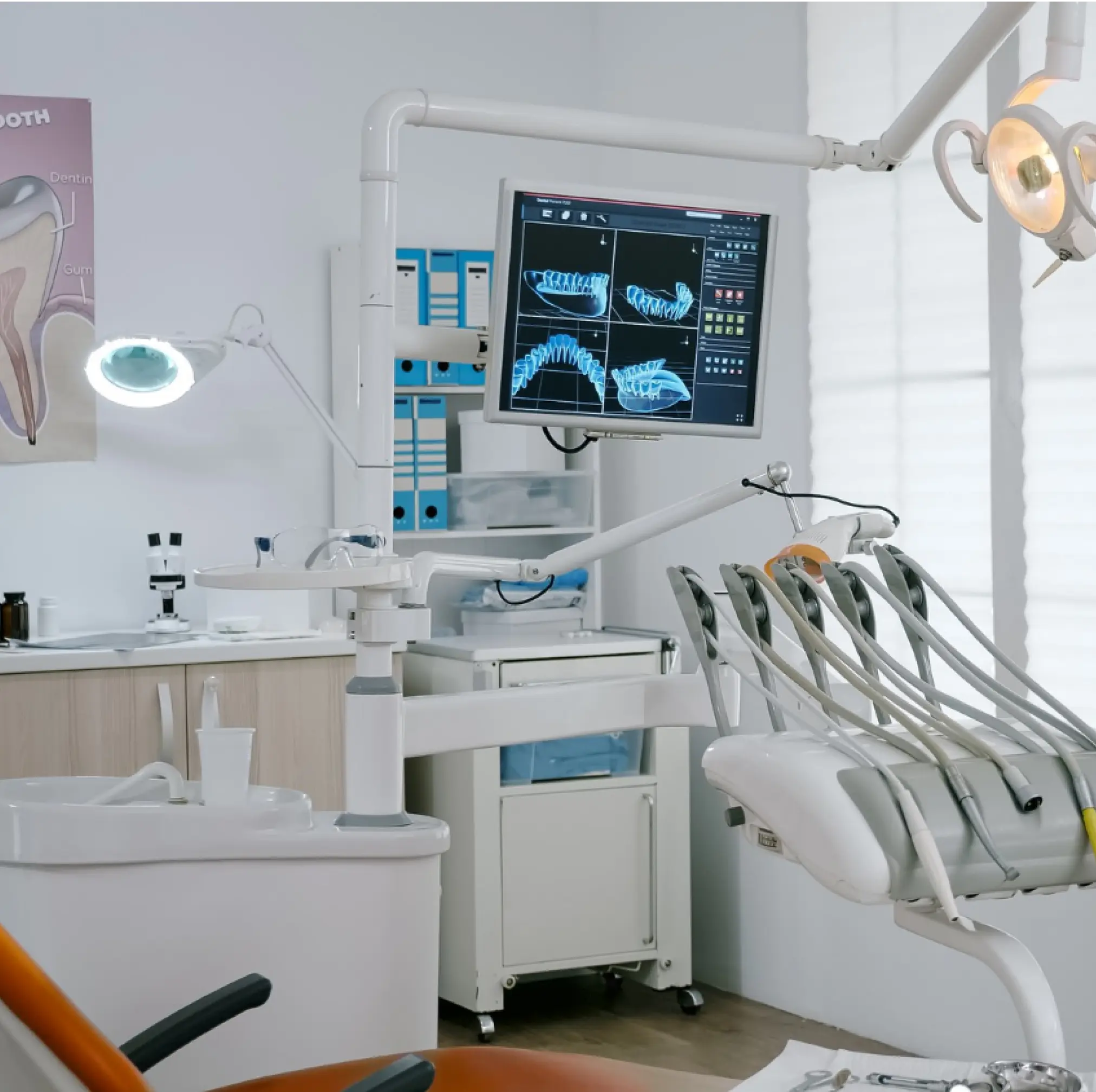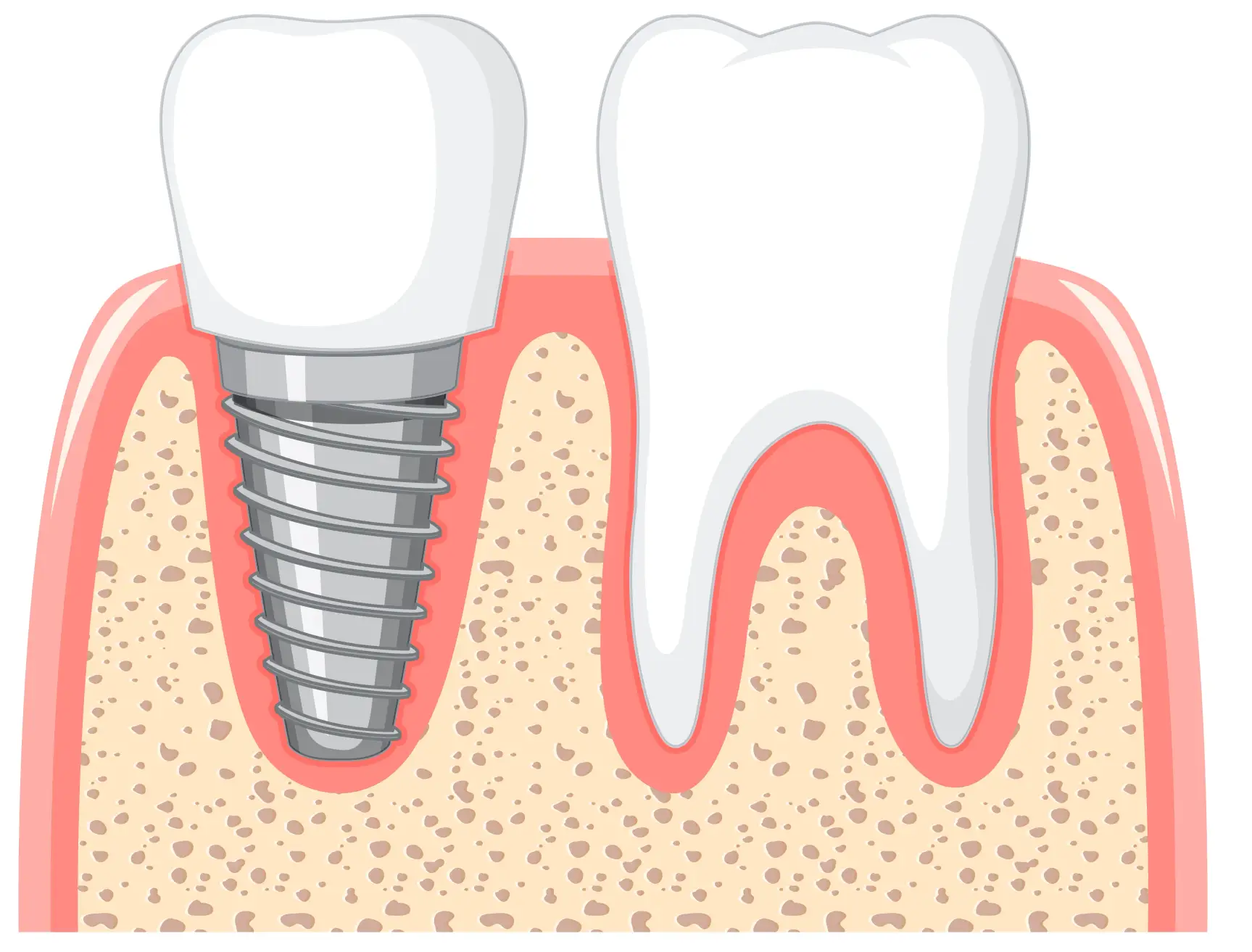Table of Contents
If your dentist has told you that you need a root canal Dubai, don’t head into the procedure completely clueless. We’re going to provide with all the essentials you need to know, from the pre-procedure prep to what will actually happen to keep track of improvement after treatment.
What Is a Root Canal?
A root canal is usually a procedure performed on a dead tooth or one with irreversible nerve damage. Obviously, since the nerve is already damaged, a root canal treatment won’t revive it, but will keep the tooth from further deteriorating and will keep it stable enough to help you chew your food comfortably and speak without experiencing any pain.
The procedure involves removing the infected tissue to prevent it from spreading to the rest of your jaw and mouth.
Don’t rely on everything people tell you about the procedure, but don’t overlook the basic facts either:
1. You Won’t Be Done with Your Root Canal in One Go
After your root canal, your tooth will be brittle and more susceptible to damage. In the first stage, the inside of your tooth will be scraped out to remove the infected area, and only your tooth shell will be left. After thorough cleaning and disinfection of the root canals, the tooth will be filled with a material known as gutta-percha. The whole process might involve 1-3 sittings.
You will require a second stage to get a cover (known as a crown) for your tooth to make it strong and stable and prevent it from breaking.
2. You Shouldn’t Delay Treatment
If you’re experiencing a constant toothache, even when you’re not doing anything, and there are other side effects like swelling in that region or puss buildup, your doctor is likely to recommend a root canal in Dubai. At this point, they will initially provide you with a prescription for antibiotics, and it’s a good idea to get the procedure done soon after. If not, the pain will only increase and may infect more of your teeth.
Just remember that an antibiotic is not an alternative for treatment. It will reduce the pain and slow down the spreading of the infection, but will not remove the pulp inside your tooth (or teeth) that is causing all the problems in the first place.
3. The Procedure Isn’t Really Painful
When most people think of root canals, they always see that image of a mourning face pressing their hand against an aching jaw. But the truth is that your dentist will numb the area that’s being treated with an anesthetic. The only thing you’ll feel is a slight bit of discomfort, similar to getting a cavity filled. That and the irritation of keeping your mouth open for the entire procedure.
4. Expect to Feel Some Pain after the Procedure
Until your second sitting, when you get the crown, you’ll have to stay away from food that requires chewing or biting.
While some people don’t experience any pain after their root canal, others are likely to feel some pain, especially around 17-24 hours after the procedure. Your dentist may even recommend pain killers if the pain gets too intense.
Soreness is not experienced too frequently, but it might happen in cases where the infection got too deep, and the body needs time to recover from it.
5. A Root Canal Won’t Last a Lifetime
A root canal is meant to clean out all the infected tissue from inside your tooth. In reality, a root has several canals, making it a difficult task to get 100% of the infected tissue out. Dentist in Dubai scrape out the infected area 1-3 times, and it is generally believed that the procedure will get rid of at least 95% of the bacteria.
After this, the tooth will be sealed with the crown to prevent the bacteria from growing and spreading.
This crown will last 10-15 years, after which it may need to be replaced.
6. In Some Cases, the Root Canal May Not Be Possible
In certain instances, your dentist may find something due to which the procedure may not be effective or may not be possible at all:
- Having a separated instrument – this means a broken instrument that will prevent your dentist from being able to clean out the pulp from your tooth. In such cases, the procedure may be prolonged due to the added task of removing the instrument, or it may be unsuccessful if all the pulp wasn’t removed.
- If you have a calcified canal, your dentist won’t be able to get into the canal to clean it, and a root canal won’t be possible.
- A fractured tooth can’t be filled since there will be seepage. In this case, an implant is the preferred option.
- If you have a curved root, meaning that there are many twists and turns in the canal, it will be difficult to get the pulp out, which may lead to a recurrence of the infection.
In any of these cases, it is your dentist’s job to stop the procedure, let you know what’s happening, and abort if necessary. They may offer you alternatives, like getting a tooth implant.
7. Your Dentist Will Typically Perform an X-Ray Before, During & After Your Root Canal
In order to actually determine whether the pulp inside your tooth is dead or has a chance of revival, your dentist will not only ask you about the pain and assess the situation by checking your tooth; they will also perform an X-Ray. This will help them see if there’s an abscess in your tooth, which is likely to be caused by an infection. X-rays are taken during and after treatment in order to enhance the quality of the treatment.
Make sure that the dentist you choose isn’t hurrying the process and has ruled out any other options of tooth revival before resorting to a root canal. Choose the best Dental clinic in Dubai.
A Word to the Wise
Your Endodontist in Dubai should only perform a root canal on your teeth if the conditions are ideal. In cases that are too complicated or in the case of a fracture, most dentists will advise you to go for a tooth implant, which will remove the pulp entirely. Some surgeons may recommend the treatment they are more comfortable with. In this case, don’t hesitate to get a second opinion – after all, the decision you make will not only help you eat and speak comfortably, it’ll also keep your smile intact.
Book an Appointment With Your Doctor NOW!
Ready for a brighter smile? Schedule your appointment with Dr. Paul’s Dental Clinic today and experience exceptional dental care.






